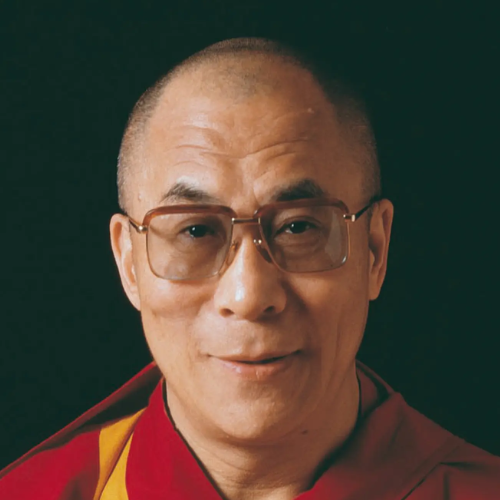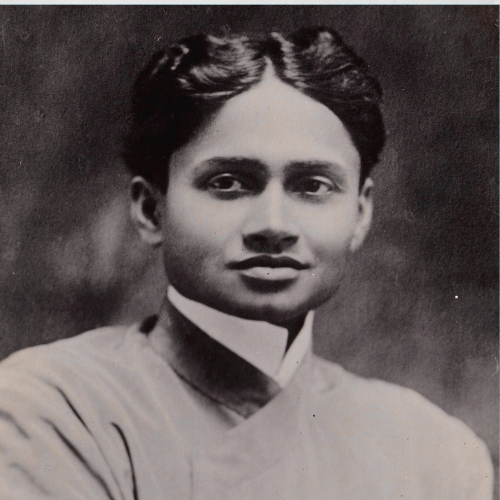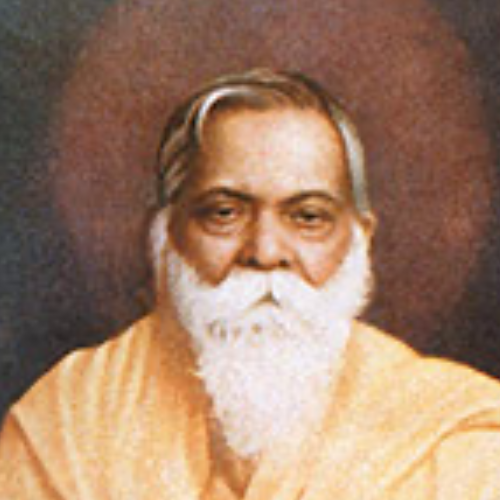ONE MUST BE COMPASSIONATE TO ONE'S SELF BEFORE EXTERNAL COMPASSION.
Whether we consider the individual, family, local, national or international level, peace must arise from inner peace. For example, making prayers for peace while continuing to harbor anger is futile. Training the mind and overcoming your anger is much more effective than mere prayer. Anger, hatred and jealousy never solve problems, only affection, concern and respect can do that.
Buddhahood is a state free of all obstructions to knowledge and disturbing emotions. It is the state in which the mind is fully evolved.
We have to have some form of politics. Politics is a form of resolving conflicts. Politics which comes from sincere motivation is constructive.
Disagreement is something normal.
If we can cultivate a concern for others, keeping in mind the oneness of humanity, we can build a more compassionate world.
World peace must develop from inner peace.
No one can afford to assume that someone else will solve their problems.
Nowadays, we are confronted by a huge gap between rich and poor. This is not only morally wrong, but practically a mistake. It leads to the rich living in anxiety and the poor living in frustration, which has the potential to lead to more violence. We have to work to reduce this gap. It's truly unfair that some people should have so much while others go hungry.
The three types of misery are the misery of suffering, the misery of change, and pervasive misery.
Compassion should be unbiased and based on the recognition that others have the right to happiness, just like you.
The point of life is happiness.
Too much of a self-centered attitude creates mistrust and suspicion in others, which can in turn lead to fear. But if you have more of an open mind, and you cultivate a sense of concern for others' well-being, then, no matter what others' attitudes are, you can keep your inner peace.
Compassion is concern of others' well-being.
Peace in the world depends on peace in the hearts of individuals; this depends on each of us practising ethics by disciplining our negative thoughts and emotions, and developing basic spiritual qualities.
Responsibility does not only lie with the leaders of our countries or with those who have been appointed or elected to do a particular job. It lies with each of us individually.
War is out of date, obsolete.
Although you may not always be able to avoid difficult situations, you can modify the extent to which you can suffer by how you choose to respond to the situation.
Our purpose in life is to be happy. From the very core of our being, we simply desire contentment.
Buddha himself taught different teachings to different people under different circumstances. For some people, there are beliefs based on a Creator. For others, no Creator. The only "definitive truth" for Buddhism is the absolute negation of any one truth as the Definitive Truth.
The enemy is a very good teacher.
Every single being, even those who are hostile to us, is just as afraid of suffering as we are, and seeks happiness in the same way we do. Every person has the same right as we do to be happy and not to suffer. So let's take care of others wholeheartedly, of both our friends and our enemies. This is the basis for true compassion.
Nothing comes into being without a cause and when all the conditions are created, there is nothing that can prevent the consequence.









